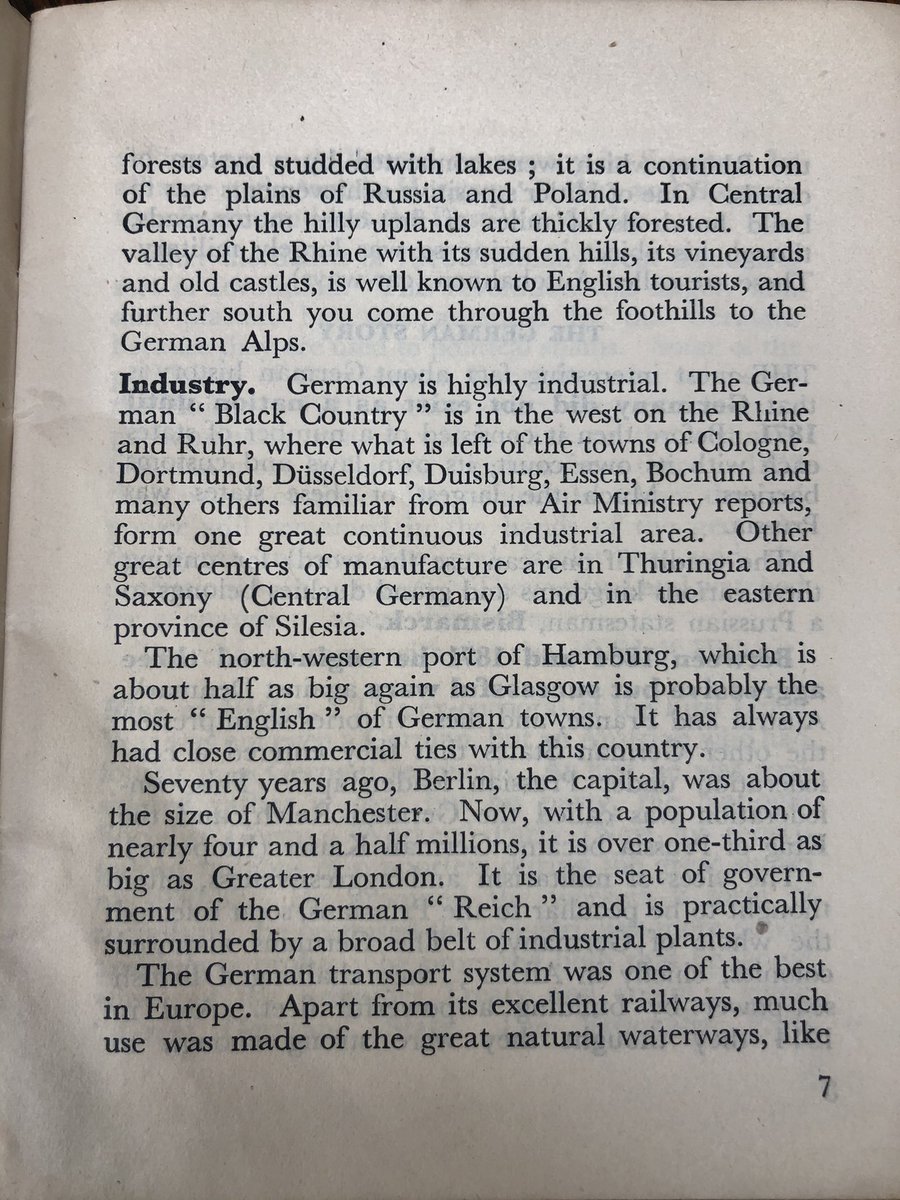
#deanehistory 72
This is the story of the man who fought for, & then against, & then for, the monarchy.
Thomas Fairfax was born to Yorkshire gentry. He learnt his army trade fighting for the Protestants in Holland, & then served his King commanding cavalry against the Scots.
This is the story of the man who fought for, & then against, & then for, the monarchy.
Thomas Fairfax was born to Yorkshire gentry. He learnt his army trade fighting for the Protestants in Holland, & then served his King commanding cavalry against the Scots.
Keen to avoid conflict between Crown and Parliament, he sought compromise in the crisis of 1641-1642. But when push came to shove and war came, he was for Parliament.
Fairfax and his family led Parliamentary supporters in the north, fighting significant Royalist forces for over a year, thus preventing them from marching into the southern shires to help Charles.
He continued to lead his troops in person, winning the Battles of Winceby, Nantwich and Selby at the head of his cavalry (and was routed at Marston Moor, but let’s overlook this). He survived several injuries in the course of these fights for the future of our country.
Still in his early 30s, he was made commander of the New Model Army and won the crucial Battle of Naseby, smashed the last Royalist army at Langport and then took Oxford, now best known as home to a second rate university but then the Royalist capital, in 1646.
When the war was over, as history well attests, Fairfax was overlooked in favour of Oliver Cromwell to the extent that whilst the name of his rival in leadership is (in)famous, that of Fairfax is largely forgotten.
Harsh, for one recognised even by Charles to be a man of honour.
Harsh, for one recognised even by Charles to be a man of honour.
Unlike most of the Parliamentary leadership, Fairfax thought that victory ought not to be followed by vengeance. He didn’t’ attend Charles I’s trial, and argued against his execution. When Cromwell invaded Ireland he stayed at home, and declined to lead the invasion of Scotland.
Fairfax had seen the revolution as a means to a better country– rather than the military rule to which it gave rise constituting the outcome for Britain in perpetuity.
Thus, having given up his command, in time he raised troops in Yorkshire & fought the Parliamentarians.
Thus, having given up his command, in time he raised troops in Yorkshire & fought the Parliamentarians.
Once again, he tied up important military resources in the north, preventing it from reinforcing an embattled leadership in the south. But this time it was for the Crown and against the Parliamentary army.
Thus, thanks in large part to forgotten Fairfax, restorationist forces were able to march to restore King Charles II.
The lesson here is that neither moderation nor reasonableness, neither determination nor bravery, means that one can avoid taking sides.
The lesson here is that neither moderation nor reasonableness, neither determination nor bravery, means that one can avoid taking sides.
Neither does it mean that one can win victories that prevent further conflict. Rather, sometimes, having these qualities and being true to one’s beliefs mean one must fight on both sides, and fight and fight again.
• • •
Missing some Tweet in this thread? You can try to
force a refresh
















